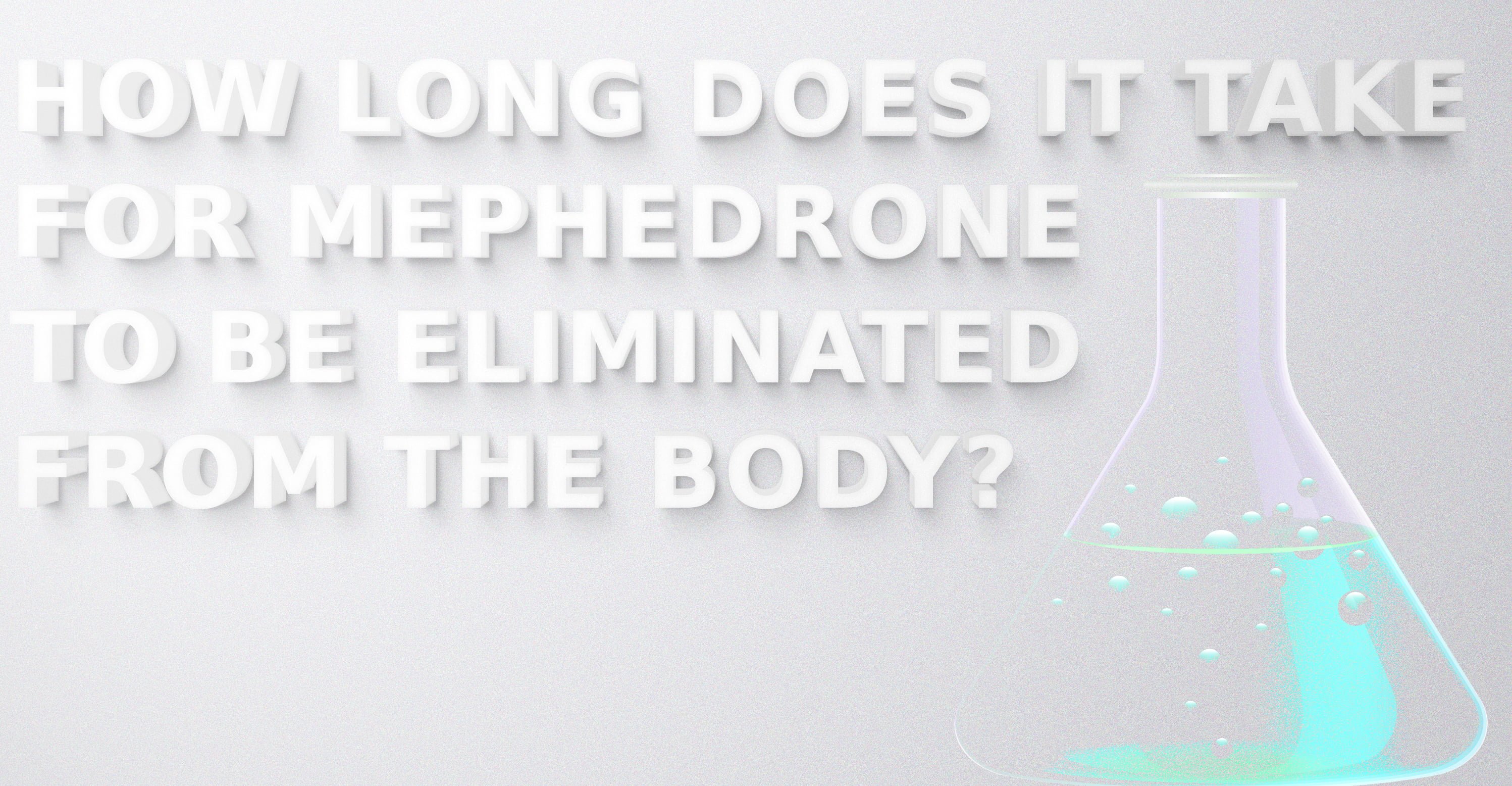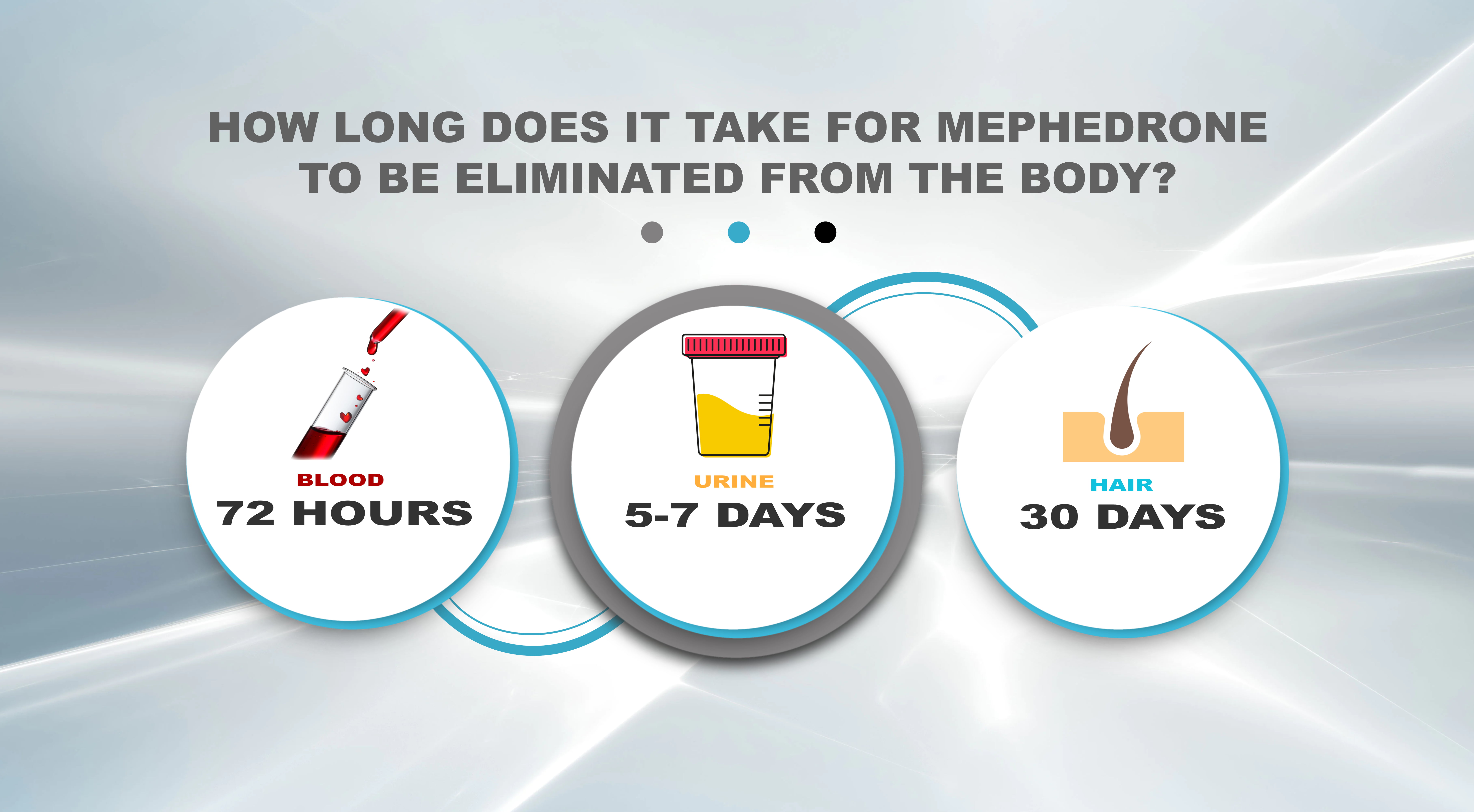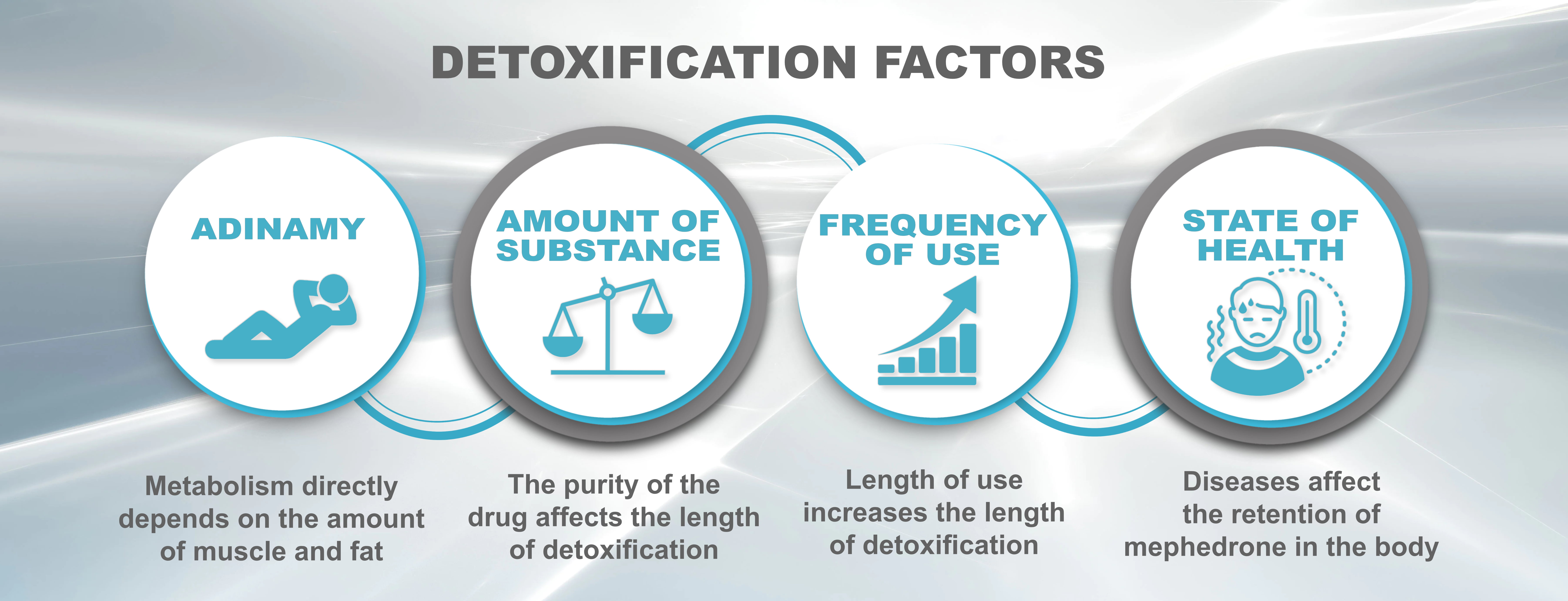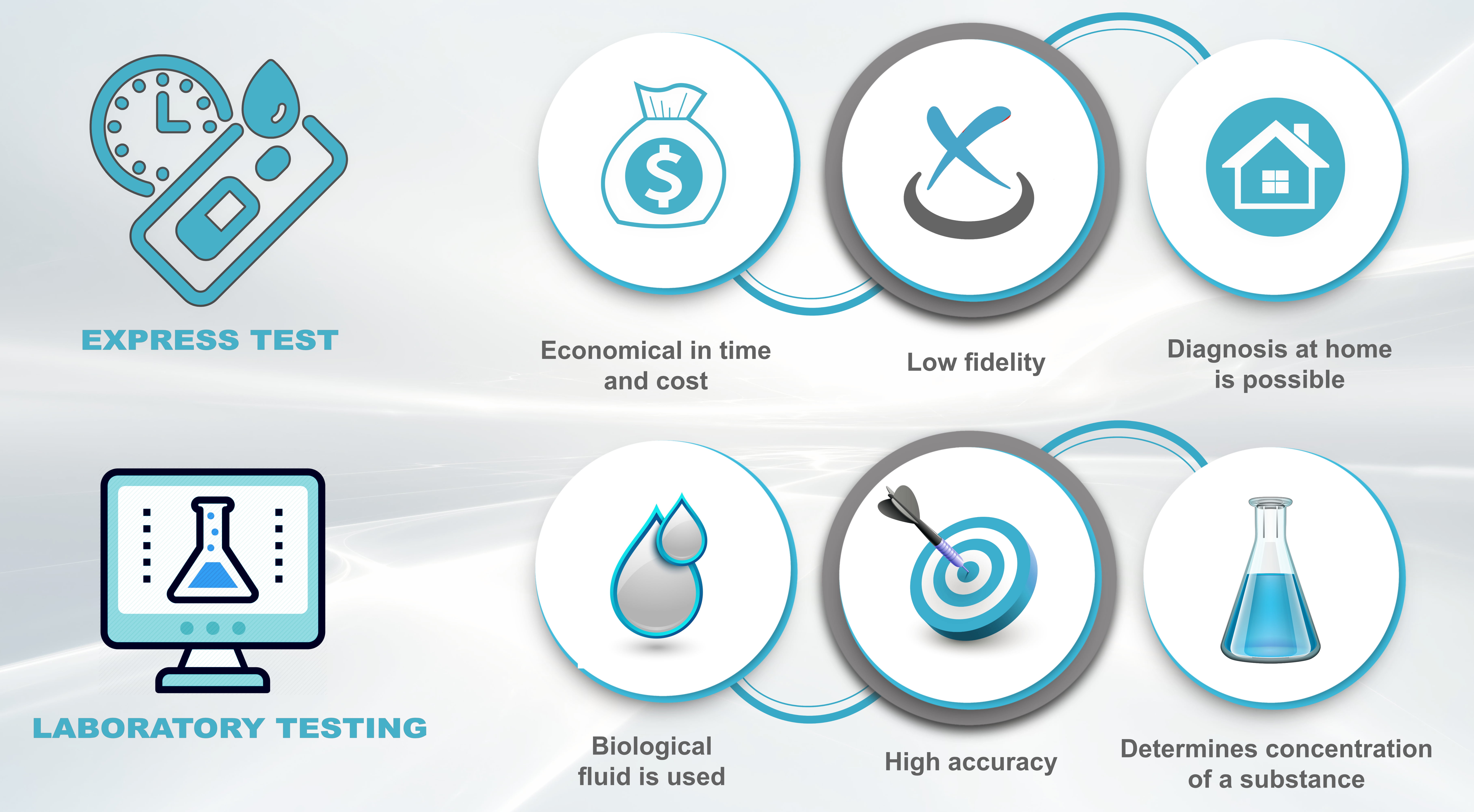So, How Long Is Mephedrone Excreted From The Body? Mephedrone is a narcotic substance with a psychostimulant effect. It belongs to the class of synthetic cations, is a structural analogue of amphetamines. It is included in ecstasy, “salts” and smoking mixtures. The vast majority of such products are manufactured in China and other countries in Southeast Asia. To avoid problems with the requirements of the law, drug traffickers often modify the formula of mephedrone, so it is difficult to detect its presence in the urine or blood. The duration of the drug’s presence in the body is comparable to that of amphetamine.
Withdrawal of mephedrone from the body
Mephedrone enters the bloodstream gradually or all at once depending on how it is used. It affects the brain, causing the characteristic symptoms of intoxication (euphoria, increased motor activity), and also affects the autonomic nervous system, stimulating the heart, respiratory system, muscles and other internal organs.
About 5-8% of mephedrone is metabolized by liver enzymes into metabolic products. The remaining 90% of the substance is excreted unchanged by the kidneys. A small part is accumulated and stored in fatty tissue, hair and nails.
Individual detoxification factors
The key role in the process of purification of the body from mephedrone belongs to the peculiarities of metabolic processes. So, for example, people of the same age and sex have different reactions to the drug and different duration of its elimination from the internal environment (blood, urine, soft tissues).
There are several factors that increase the elimination time of mephedrone:
-
Hypodynamics – the rate of metabolism directly depends on the amount of muscle and fat tissue. Trained people with well-developed muscles have a faster metabolism, and those with a lot of fat and hypodynamia have a slower metabolism.
-
Amount of substance ingested – mephedrone is present in a variety of products and its content varies greatly. The “purer” the drug, the longer it takes to detoxify.
-
Duration and frequency of use – long-term addicts take several days longer to detoxify than those who have tried mephedrone once.
-
Health Status – if a person has kidney and liver diseases, hormonal pathologies that slow down the metabolism, mephedrone will stay in the blood and urine for a long time.
The way of using mephedrone
The speed at which mephedrone enters the bloodstream depends on how the drug is administered. The general rule is as follows: the faster the substance enters the bloodstream, the faster its metabolism and excretion will occur. That is why after a single use detoxification takes 1-2 days, and after the “session” of 8-12 hours it will take longer (even if the doses in both cases are the same).
The way mephedrone is consumed also affects its elimination time. When the dose is the same, it is the intravenous drug that leaves the body the fastest, because it reaches the bloodstream instantly. In the second place is inhaling the powder through the nose. The slowest way mephedrone is absorbed from the digestive tract, so its elimination is gradual.
Mephedrone Tests for Mephedrone Excreted
The medical examination for mephedrone is conducted in two stages. First, rapid tests based on the immunochromatography method are performed. They give a qualitative result: either positive or negative. The accuracy of such tests is not very high, but they are economical in time and labor, which allows large groups of people to be examined. Thanks to test strips, the diagnosis can be done outside the laboratory.
If the preliminary test is positive, the person is sent for a confirmatory test. It is carried out in laboratories, and the biological material can be not only urine but also blood. The methods used are thin-layer chromatography, gas-liquid chromatography and chromato-mass spectrometry. The results indicate the concentration of mephedrone in the biomaterial sample.
Urine test
Mephedrone is eliminated from the urine within 48 hours after a single use. This time may be extended up to 3-4 days if you are overweight, have kidney and/or endocrine gland diseases. In addition, the rate of excretion of a single dose may be affected by taking certain medications (e.g., aspirin slows down detoxification of the body).
When mephedrone is used for a long time, its traces in the urine are detected after 5-7 days. In the presence of factors that reduce the excretion rate of the drug, this period increases to 9-10 days.
A positive result can be obtained using a rapid test for mephedrone and for methamphetamine (cross-reaction).
Blood test
Blood plasma testing provides a more accurate indication of the duration of drug use and the degree of intoxication. The limitation is that mephedrone stays in the blood for 12 to 48 hours. The test results are little affected by a person’s physique or lifestyle, but retention of the drug in the bloodstream is aided by conditions such as:
-
Purulent diseases of the bronchi and lungs
-
Tuberculosis
-
Diabetes mellitus, obesity
-
Avitaminosis
-
Anemia of various origins
-
Parasitic infestations
To confirm the diagnosis of poisoning in hospitalized patients or to provide forensic evidence in the event of death, the amount of mephedrone can be quantified in blood, plasma, or urine by gas chromatography-mass spectrometry. Blood or plasma concentrations of mephedrone will lie in the range of 50-100 µg/L in recreational users, >100 µg/L in intoxicated patients, and >500 µg/L in acute overdose victims.
Conclusion
The duration of detoxification depends on the frequency and duration of use of the substance, the amount of the last dose taken, the metabolic rate and the presence of diseases of internal organs (lungs, kidneys, endocrine glands. Mephedrone is detected in the urine within 2 days after a single dose and after 5-7 days with regular use. In the blood this substance is present from 12 to 48 hours.




